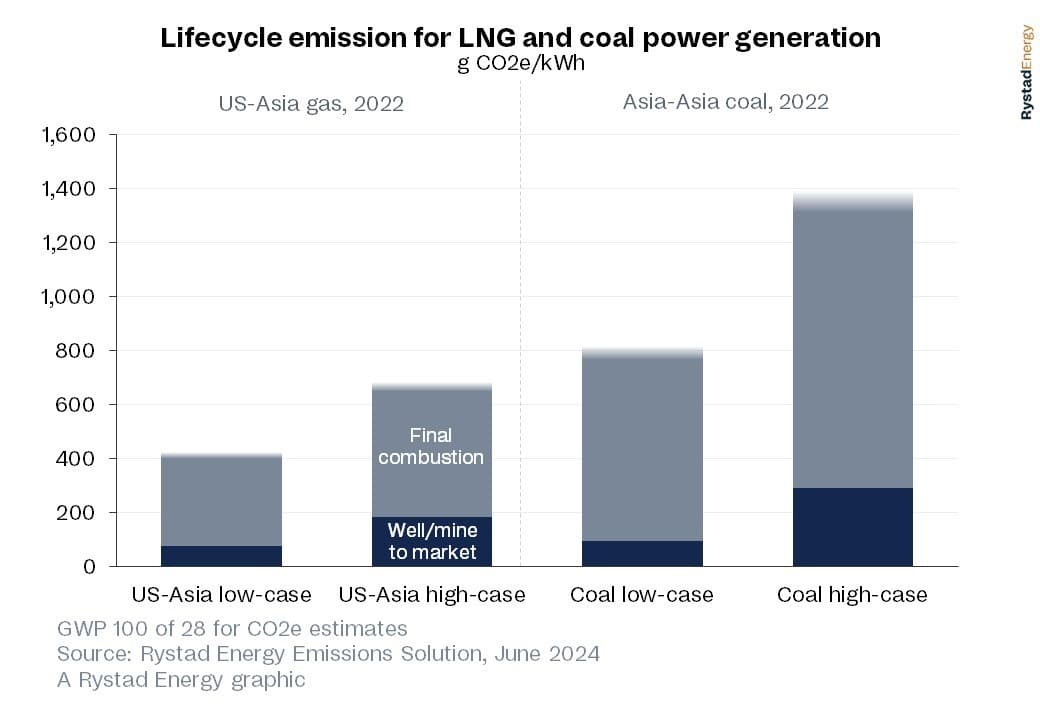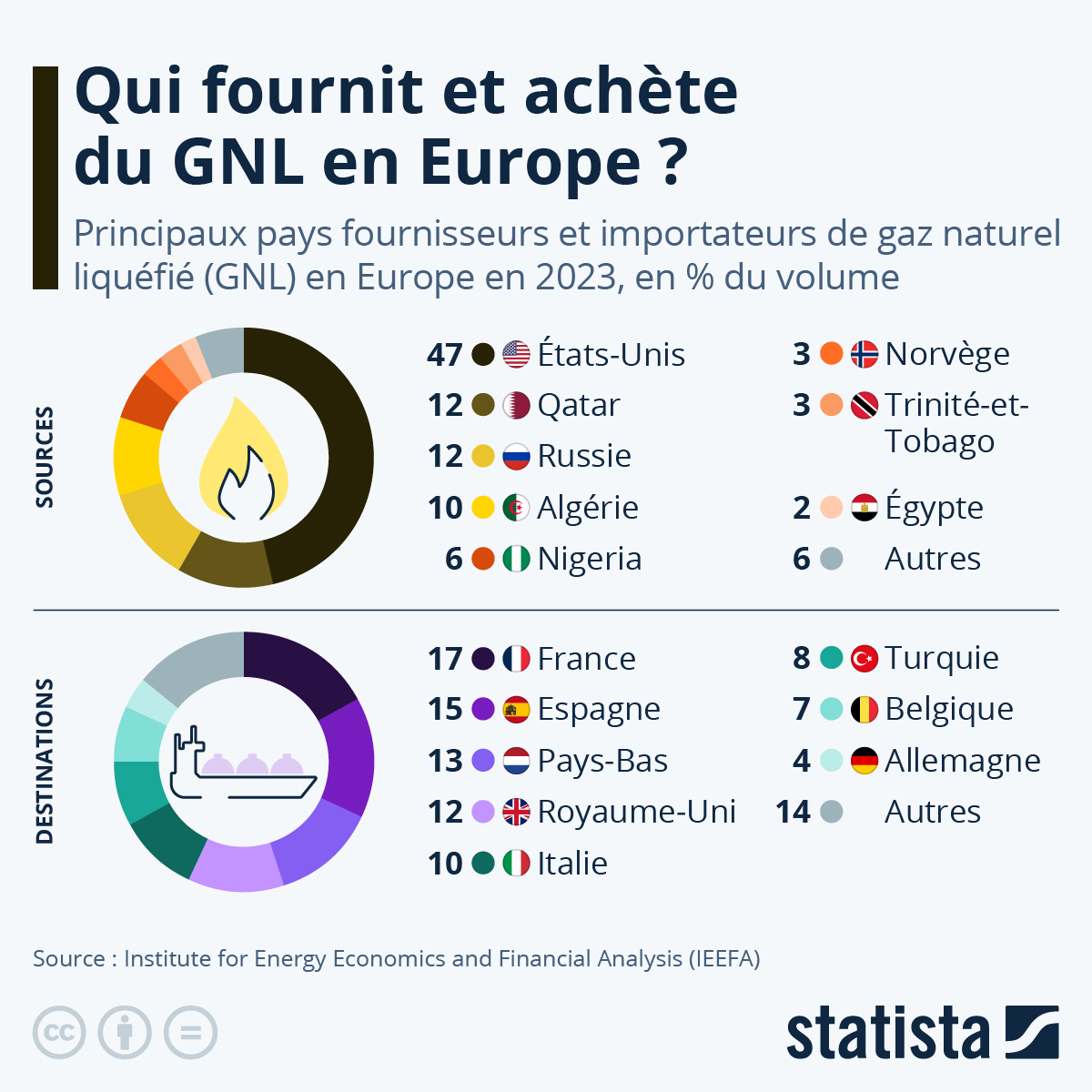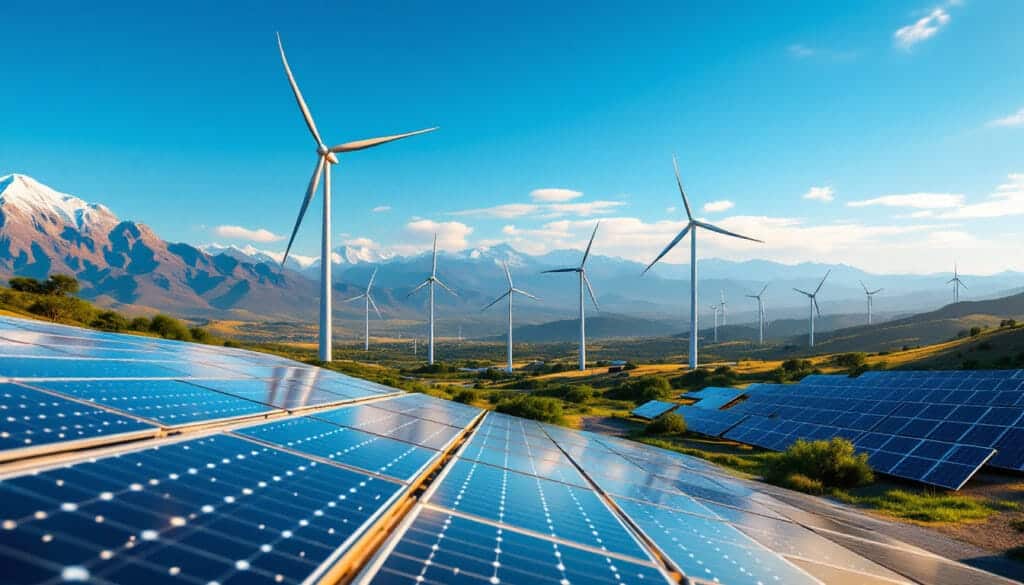In an energy scenario where liquefied natural gas (LNG) is often touted as a transitional solution towards a cleaner environment, recent research challenges this paradigm. A scientific study takes a fresh look at the environmental impact of LNG, claiming it could be more harmful to the climate than coal. This surprising finding highlights the crucial role of methane leaks during the extraction, liquefaction, and transport of gas, where even slight increases in methane emissions could make LNG more polluting. As the debate intensifies, the industry faces a dilemma: explore measures to reduce its carbon footprint or rethink its energy strategies.
A recent scientific study has questioned the status of liquefied natural gas (LNG) as an ecological transitional fuel. According to this research, the carbon footprint of LNG exported from the United States could be higher than that of coal, particularly over a 20-year period, where it is estimated to be 33% higher. Professor Robert Howarth from Cornell University highlights the methane leaks during extraction, liquefaction, and transport that are responsible for this high footprint. These leaks, previously underestimated, significantly increase the short-term climate impact. Initiatives are emerging to control these emissions, but concerns about greenwashing persist.

Table des matières
Togglealert on the environmental impact of LNG
Liquefied natural gas, often seen as an asset in the energy transition, hides a concerning ecological record. A recent study from Cornell University shows that the methane emissions generated by LNG export impact our atmosphere more than coal over a 20-year period. Contrary to common beliefs, methane leaks related to the entire production and transport cycle play a central role. These observations are crucial as the planet increasingly turns to LNG to meet its energy needs.
Petrochemical facilities and the LNG value chain are under scrutiny from experts such as Thomas Lavaux. Often equipped with energy-intensive technologies, these structures release significant quantities of methane when not properly managed. The rise in methane concentrations, which is far more warming than CO2, leads to a snowball effect on global temperatures. To fully understand the scope of the situation, it is imperative to revisit our air pollution indices while considering these emissions.
LNG faced with criticism
Despite the obvious climate challenges, governments and industries continue to support LNG growth. However, as a recent analysis published on KarloBag recounts, the use of LNG as a fallback solution to fill the void left by coal raises more questions than answers. Methane, due to its impact on the greenhouse effect, makes LNG a threatening alternative. Recent technological advancements, while being a partial response, do not genuinely curb this insidious pollution.
the call for an energy transformation
For many industrial players engaged in the energy transformation, LNG presents a dilemma. Despite its growing notoriety, its dependence on methane and its leakage capabilities must be urgently addressed. The new European regulation on methane could be a decisive turning point, enforcing better management of emissions. In the current context of transition and sustainable development, ensuring an energy shift away from these polluting sources appears inevitable. Ecological urgencies must encourage a swift move towards much greener and safer renewable energies for our future.
🔍 ANALYSE – Gaz naturel liquéfié: pourquoi une crise d'approvisionnement se profile au niveau mondial
— La Tribune (@LaTribune) May 17, 2022
Pour remplacer peu à peu les 150 milliards de mètres cubes de gaz russe qu'ils achètent chaque année, les Vingt-Sept se tournent massivement vers le GNL https://t.co/UhC0WoOU8l





